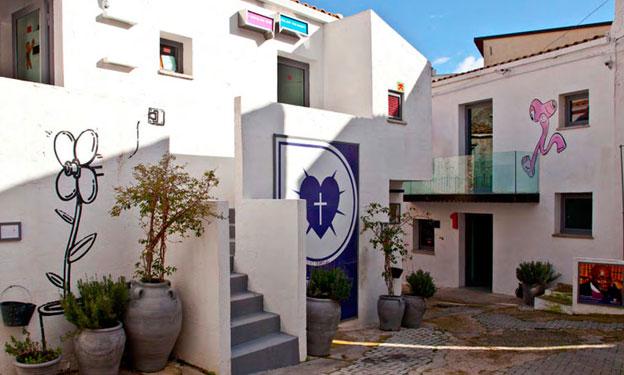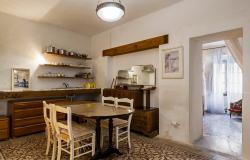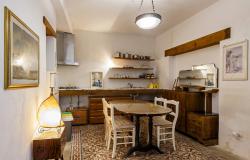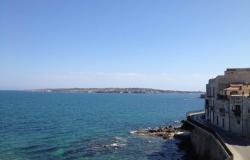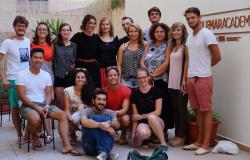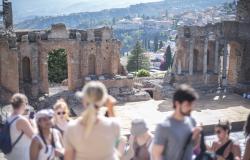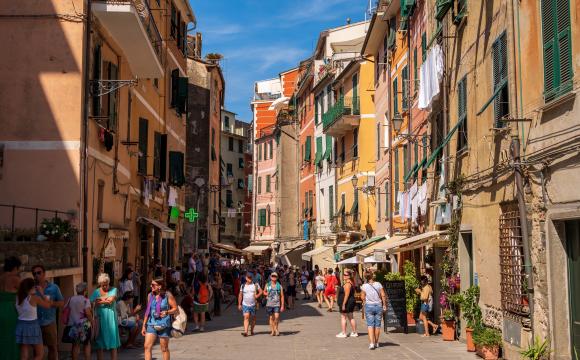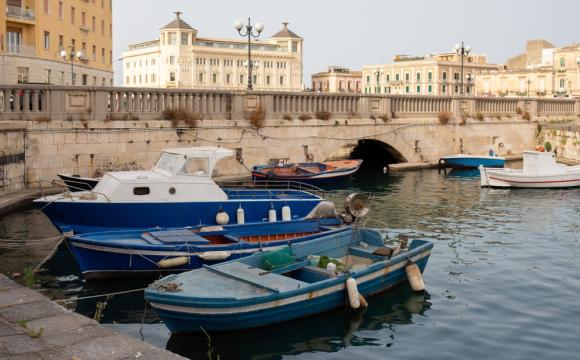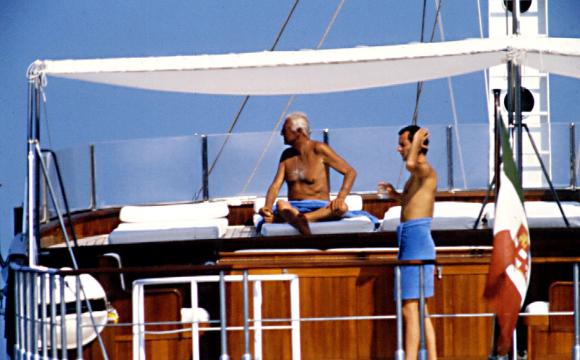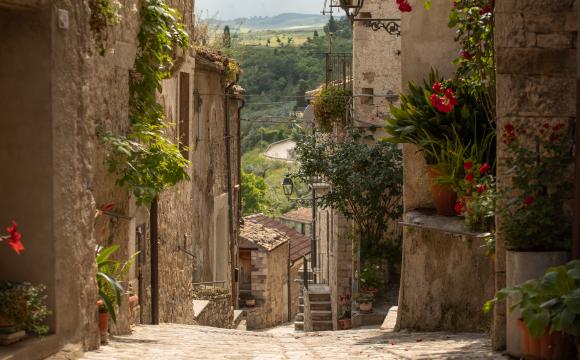In the current debate about how to make small communities survive global changes and the economic crisis, and how to identify unused resources to make them an instrument of growth and development, the village of Favara in Sicily sets a good example.
Favara is a historic town of 33,000 people, in the province of Agrigento, 7 km from the Valley of the Temples. It was also semi-destroyed, impoverished and almost abandoned - the kind of place young people leave as soon as they can.
A few years ago, local resident Andrea Bartoli made the brave decision to not move away - instead, he decided to start buying ruins and empty dwellings to transform them into several cultural spaces occupying the entire historic center of Favara, entwined together like an art gallery. The space includes a contemporary art museum, a residence for artists from around the world, a children's garden where to host events and parties, a tea garden and a bookshop, and a concept store. He built what he called the Farm Cultural Park, the sort of initiative that has made the difference in the surivival of his community, "a place that makes you happy," as the website proudly states.
Many people from Favara got involved, young and old, creating job and volunteer opportunities for many in the community. Since Farm Cultural Park opened in 2010, the town has attracted artists and visitors from all over the world.
In its own small way, Favara may be pointing the way for all those communities in danger of disappearing.
Farm Cultural Park is open every day, except Mondays. Free entry.
